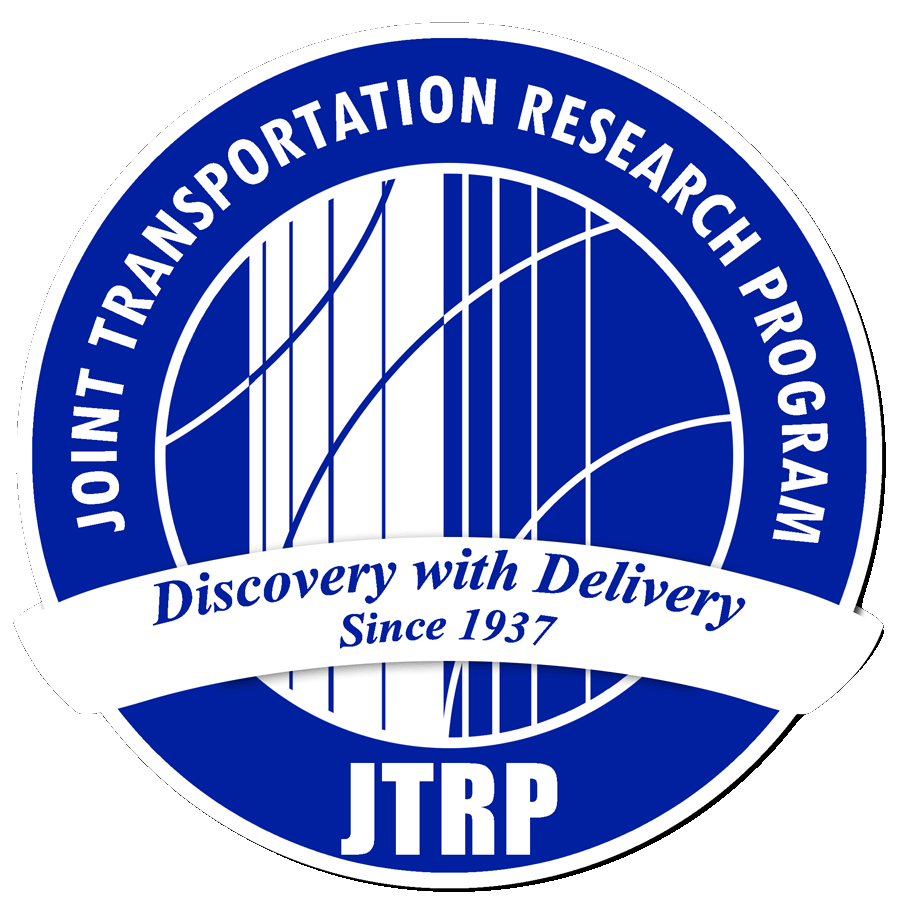Abstract
In recent years, the Indiana Department of Transportation (DOT) and other state transportation agencies have increasingly implemented non-capacity expansion projects or strategies due to their benefits in improving flow, safety, and reducing delay in the transportation network at low capital, operations, and maintenance costs. The quantification of the benefits of these strategies has also become very important due to increasingly challenging local and regional fiscal conditions. With this in mind, this project developed a framework and a tool for the evaluation of economic development impacts of corridor improvements at the sketch-level of planning. The resulting framework and tool, called “Tool for Operations – Economic Impact Analysis” (TOPS-EIA), is based on a framework and tool from the Federal Highway Administration (FHWA) called Tool for Operations Benefit Cost Analysis (TOPS-BC). TOPS-EIA takes the expected impacts of each strategy on corridor performance and translates them into business cost savings and economic development impacts through a set of statewide economic multipliers. TOPS-EIA is subdivided into 4 modules: arterial signal coordination (ASC) strategies, traffic incident management (TIM) strategies, work zone management (WZM) strategies, and access management (AM) strategies. Additionally, a qualitative tool for road diet (RD) strategies was developed. To demonstrate TOPS-EIA, two case studies of ASC strategies were conducted. The results showed that this type of strategies could provide not only significant user cost savings, but also economic development impacts, expressed as gross regional product, job-years, and real personal income. The proposed methodology and tool can assist DOTs, Metropolitan and Rural Planning Organizations (MPOs and RPOs) in assessing the benefits of non-capacity expansion projects at the early and middle stage planning processes and, therefore, contribute to better-informed decisions.
Keywords
non-capacity improvements, arterial signal coordination, traffic incident management, work zone management, access management, economic development impacts, sketch planning
Report Number
FHWA/IN/JTRP-2018/01
SPR Number
3912
Sponsoring Organization
Indiana Department of Transportation
Performing Organization
Joint Transportation Research Program
Publisher Place
West Lafayette, Indiana
Date of Version
2018
DOI
10.5703/1288284316644
Recommended Citation
Chacon-Hurtado, D., Yang, R., Gkritza, K., & Fricker, J. D. (2018). Economic development impact of corridor improvements (Joint Transportation Research Program Publication No. FHWA/IN/JTRP-2018/01). West Lafayette, IN: Purdue University. https://doi.org/10.5703/1288284316644


